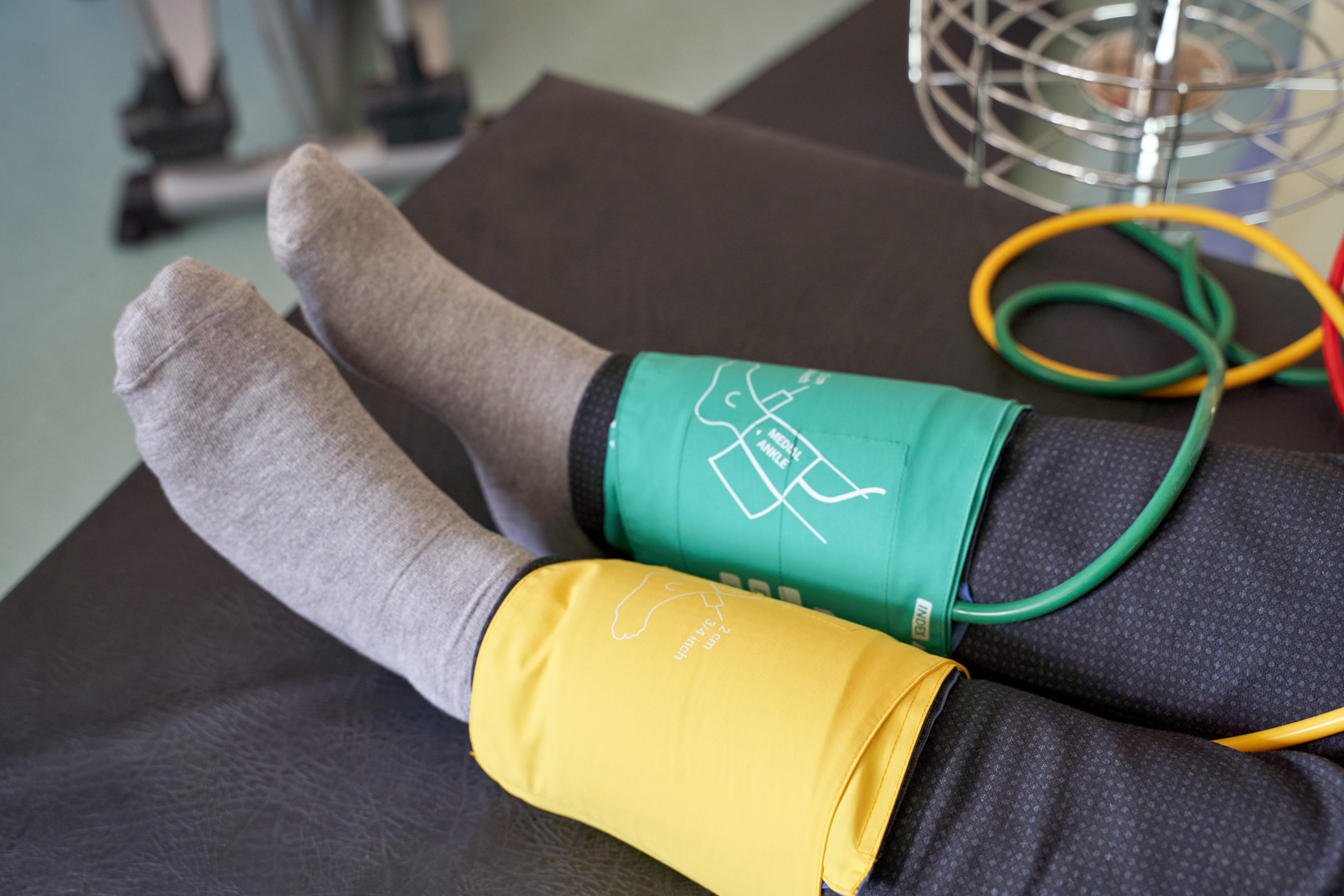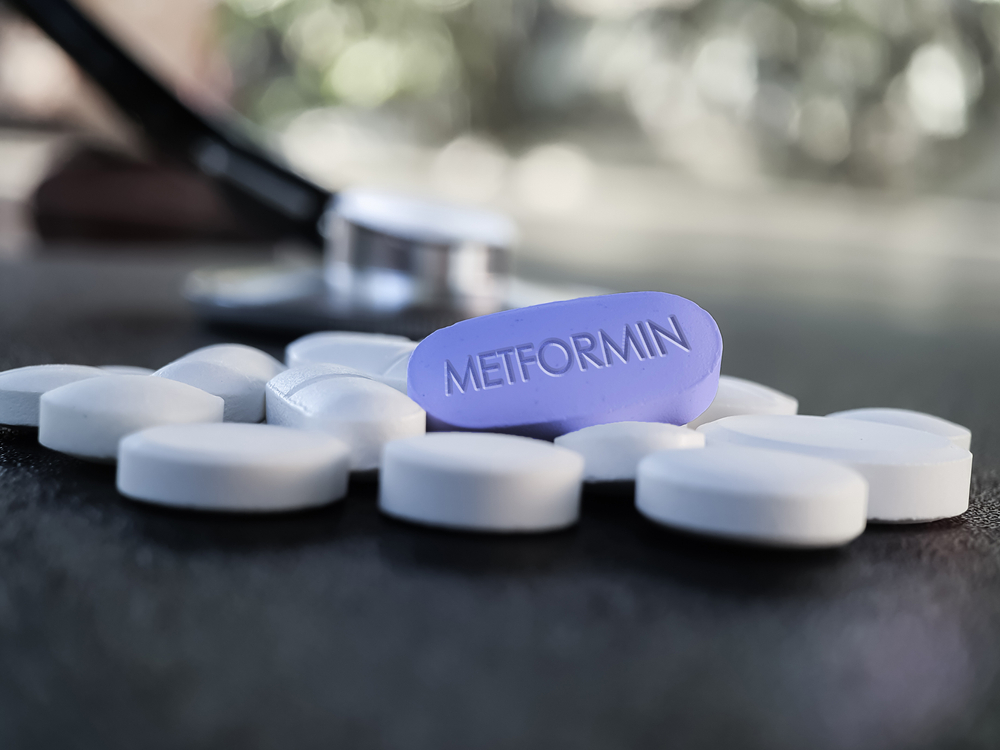
The incidence of sleep disorders is increasing worldwide. There is an association between sleep disorders and chronic diseases, including type 2 diabetes, cognitive dysfunction, neuropsychiatric disorders, and chronic kidney disease (CKD). Patients with CKD who develop sleep disorders may experience chronic fatigue and reductions in quality of life. The prevalence of sleep disorders among patients with CKD is estimated at 50% to 75%, contributing to annual costs related to sleep disorders of approximately $90 billion.
Results of previous studies suggest a link between CKD and sleep disorders. However, the nature of the association is not clearly defined. Jin Hean Koh of the National University of Singapore and colleagues recently conducted a systematic review and meta-analysis to determine current estimates of the risk of sleep disorders in patients with CKD as well as the risk of CKD among patients with sleep disorders. The researchers sought to test the hypothesis that there is a bidirectional relationship between sleep disorders and CKD. Results were reported online in the Clinical Kidney Journal.
Three blind reviewers conducted a search of the databases of Medline/PubMed, Embase, Cochrane Register for Controlled Trials, and Cumulative Index of Nursing and Allied Health for studies published from database inception to September 29, 2023. The search included a combination of free text words and medical subject heading terms.
Inclusion criteria were observational studies examining the association between sleep disorders and CKD or albuminuria in adults >18 years, compared to a group of healthy controls; full-text studies; studies published in peer-reviewed journal; and studies published in English. Studies that included patients receiving renal replacement therapy were included. Studies that included participants <18 years, animal studies, case reports, in vitro studies, and reviews were excluded.
CKD was defined as estimated glomerular filtration rate (eGFR) <60 mL/min/1.73 m2 for more than three months, regardless of cause, or structural or functional abnormalities of the kidney for more than three months, with or without decrease in eGFR. Albuminuria was defined as an albumin excretion rate >39 mg/24 hours or an albumin-creatinine ratio of >30 mg/g. Sleep disorders were classified as obstructive sleep apnea (OSA), restless leg syndrome (RLS), sleep apnea, insomnia, and other sleep disorders in the studies. Sleep apnea was defined as OSA, central sleep apnea (CSA), mixed sleep apnea, or sleep apnea not otherwise specified.
Of the 4,418 articles revealed in the initial search, following removal of duplicates, the search included 3,418 articles. Of them, 300 were selected for full text review. After application of inclusion and exclusion criteria, the final review included 63 articles. Of those, 34 were retrospective cohort studies, three were case-control studies, and 26 were prospective cohort studies.
The total sample size was 26,777,524. Mean age was 58.03 years, 73% were male, and mean eGFR was 55.34 mL/min/1.73 m2. Forty-one percent of participants had hypertension, 33.6% had hyperlipidemia, and 33.5% had diabetes mellitus. Of the participants with CKD, 31,616 were receiving renal dialysis, and 45 were renal transplant recipients.
Twenty-six studies reported an association between CKD and OSA. There was a significant association of CKD in patients with OSA (risk ratio [RR], 1.68; 95% CI, 1.45-1.93; I2=44%; P<.01). The risk was reported in cohort studies examining the risk of incidence CKD among patients with OSA (RR, 1.59; 95% CI, 1.25-2.02; I2=46%; P<.01) and in cross-sectional studies examining the association between OSA and prevalent CKD (RR, 1.74; 95% CI, 1.48-2.05; I2=49%; P<.01).
Results of six studies demonstrated that the presence of albuminuria was significantly higher in patients with OSA compared to those without OSA (RR, 1.37; 95% CI, 1.21-1.55; I2=68%; P<.01).
Eighteen studies examined the association of CKD in the presence of sleep apnea. Results demonstrated a significant association between sleep apnea and CKD (RR, 1.66; 95% CI, 1.39-1.98; I2=64%; P<.01). In cohort studies examining the risk of incident CKD in patients with sleep apnea, there was a significant association between sleep apnea and incident CKD (RR, 1.94; 95% CI, 1.39-1.98; I2=38%; P<.02). The association was also significant in cross-sectional studies (RR, 1.57; 95% CI, 1.35-1.85; I2=36%; P<.01).
There were also significant associations between RLS and CKD (RR, 1.88; 95% CI, 1.48-2.38; I2=52%; P<.01), insomnia and CKD (RR, 1.24; 95% CI, 1.01-1.54; I2=0%; P=.04), and other sleep disorders and CKD (RR, 1.80; 95% CI, 1.41-2.23; P<.01).
In studies examining the association of sleep disorders in the presence of CKD, 29 reported an association between OSA and CKD. There was a significantly higher risk of OSA in the presence of CKD (RR, 1.77; 95% CI, 1.56-2.01; I2=37%; P<.01). The risk was significant in cohort and in cross-sectional studies. There was no significantly higher risk of OSA in patients with albuminuria compared to patients without albuminuria.
Twenty studies examined the association of CKD with sleep apnea. The risk of CKD significantly increased in the presence of sleep apnea (RR, 1.56; 95% CI, 1.32-1.84; I2=59%; P<.01). Eight studies reported the risk of RLS in the presence of CKD, several reported the risk of insomnia, and six reported the risk of other sleep disorders. In the cohort with CKD, there was a significantly increased risk of RLS (RR, 1.73; 95% CI 1.32-2.25; I2=56%; P<.01), insomnia (RR, 1.14; 95% CI, 1.03-1.27; I2=27%; P=.01), and other sleep disorders (RR, 1.90; 95% CI, 1.39-2.61; I2=48%; P<.01).
Citing limitations to the study findings, the researchers listed the observational design of the included studies that precluded a causal conclusion due to the inability to exclude residual confounding. Also cited was the inability to examine the pooled effect sizes of the association of CKD with CSA or mixed sleep apnea due to insufficient stratification of data within the included studies.
In summary, the authors said, “In this systematic review and meta-analysis of 63 studies involving 26,868,391 participants, a bidirectional association was observed between CKD and obstructive sleep apnea, RLS, and insomnia… This study highlights the relationships between sleep disorders and CKD and adds to the growing evidence base suggesting the coexistence of both disorders. Physicians treating patients with sleep disorders should be aware of this association with CKD and vice versa, and adopt measures targeted at addressing the coexistence of these disorders.”
Source: Clinical Kidney Journal







 © 2025 Mashup Media, LLC, a Formedics Property. All Rights Reserved.
© 2025 Mashup Media, LLC, a Formedics Property. All Rights Reserved.